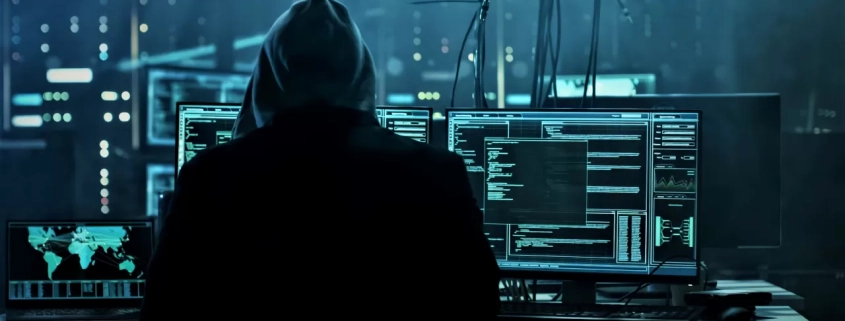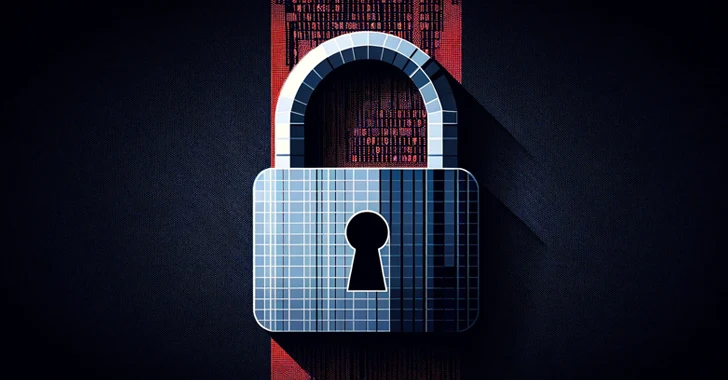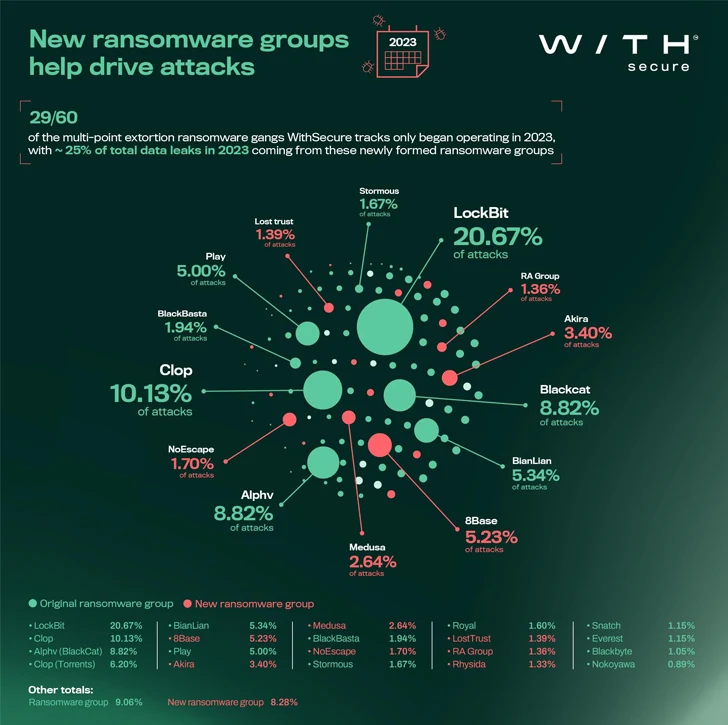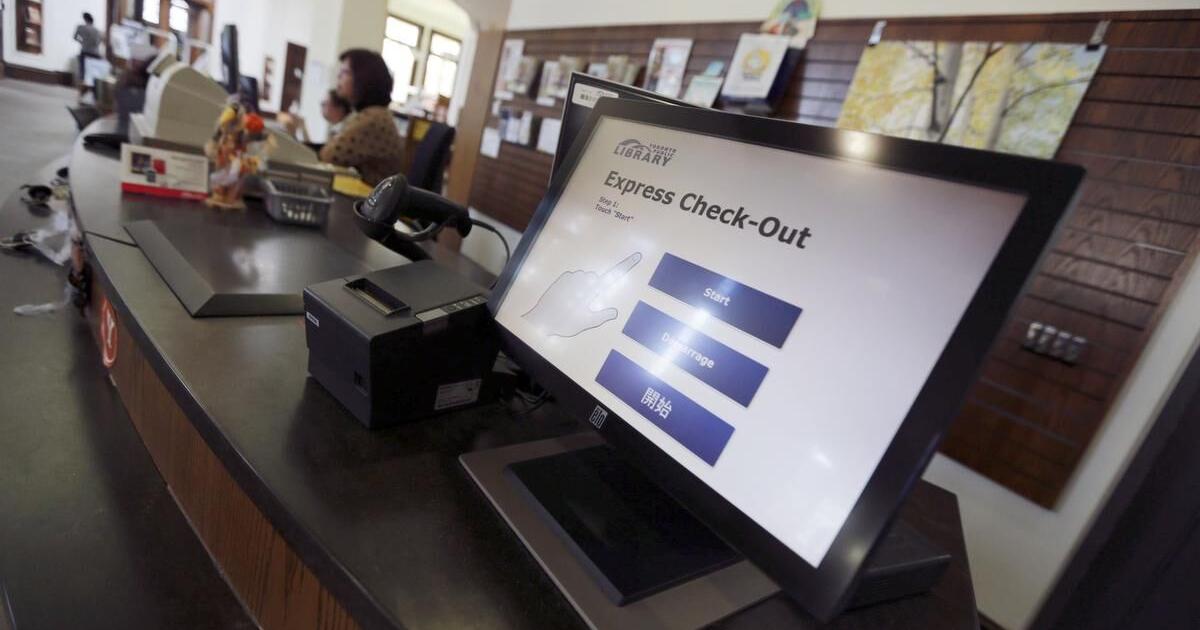Hacking is far more than a security issue. It chills free speech
The British and US governments have just jointly sanctioned two Russian intelligence operatives for their attempts to derail the democratic process through a series of coordinated cyber attacks. The US State Department is also offering a reward of up to $10M for information on the Russian hackers responsible for the coordinated cyber espionage attack, which is international and spans several years. Targets even included the former MI6 director Richard Dearlove, and more recently scientists at several nuclear facilities in the United States. But what distinguishes this recent wave of Russian cyberattacks is that they are not just targeting governments or politicians.
Civil society became a significant target for Russia’s state backed hackers, including “universities, journalists, public sector, non-government organisations and other civil society organisations”. Paul Mason, a former BBC and Channel 4 journalist, has put out a statement confirming he was targeted by these hackers. At the time his private accounts were hacked, I had been helping Mason work on an article challenging Russian propaganda narratives that were spreading during the Bucha massacre in Ukraine. Overnight we were turned into the latest circulating ‘deep state’ conspiracy theory.
The Mason hack
As we worked, I received an urgent message from Mason saying his emails with me may have been compromised. He published a statement saying he had been “targeted by a Russian hack-and-leak operation”. I then received an email from a Grayzone writer who has also written for Russian state media (Sputnik/RT), saying, “Been going over various emails and DMs of yours. Very interesting…” The writer said he thought my employer and “the academics you’re trying to target are likely to be very unhappy indeed when they hear about all this. I think we’d better talk.”
The writer said the email was not a threat. But it was clear to me I was facing an impending reputational attack to harm my career and relationships. This email didn’t resemble the right to reply that journalists usually send posing questions prior to reporting, and it made no mention of an article or outlet.
Within…






